Report: The rule of law has deteriorated significantly across the EU!
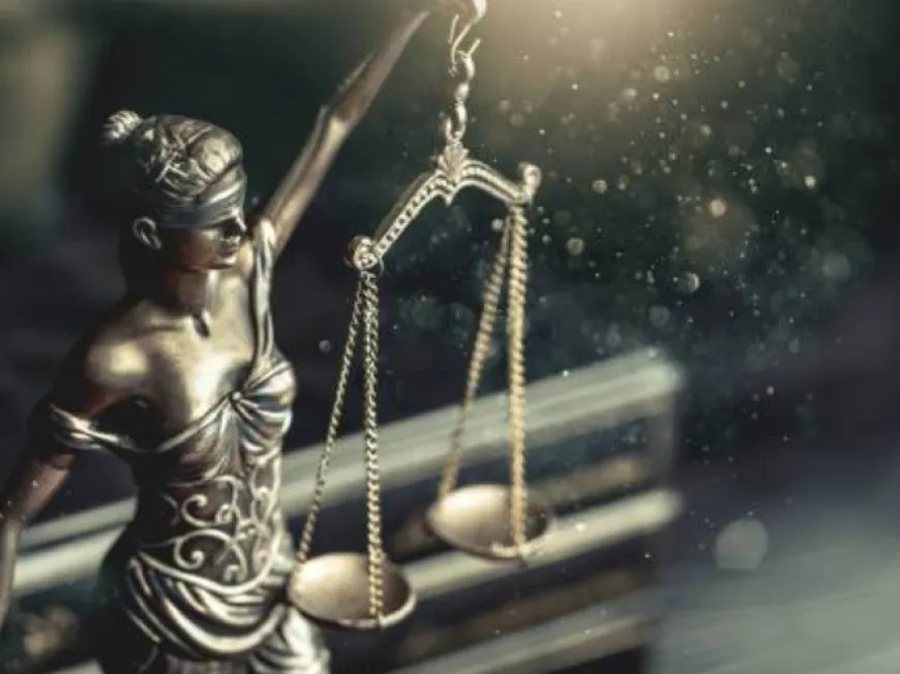
The Rule of Law Report on Freedoms published on Monday by the European Civil Liberties Union reveals that while the situation varies from one member state to another, there is a broad and substantial trend towards the rule of law facing serious challenges in recent years. The 1,000-page report is published annually, with its sixth iteration published this year being the result of cooperation between 43 human rights organizations from 21 EU countries, coordinated by the European Civil Liberties Union.
One of the most striking findings from the organization’s research is the persistence of reported violations and the overall deterioration of the rule of law across the EU. While individual countries show variations, the broader observation is that all fundamental aspects of the rule of law, namely the justice system, anti-corruption measures, media freedom, checks and balances, civic space and human rights, have faced similar and deepening challenges in recent years. This clearly highlights persistent and systemic deficiencies in the rule of law across the bloc.
"Stagnants" are countries that have remained static or made minimal progress in their rule of law indicators. This group includes Greece, Ireland, Malta, the Netherlands and Spain. "Sliders" are democratic models such as Belgium, France, Germany and Sweden, which have demonstrated isolated but nevertheless worrying declines in certain areas.
"Dismantlers" are countries where the rule of law is systematically and deliberately undermined in almost all areas, with this group consisting of Italy, Bulgaria, Croatia, Romania and Slovakia. The weakest link, and a repeat offender, was found to be Hungary. Several countries showed visible efforts to improve the state of the rule of law within the country.
“Hardworking” Estonia and the Czech Republic showed signs of genuine and systematic efforts to make improvements, highlighting the successful role of civil society in creating positive change. Poland, meanwhile, is considered a “cautionary tale” as the new government has attempted to restore judicial independence and media pluralism without achieving much progress, illustrating that addressing compromised independence of institutions is an extremely challenging and fragile endeavor.
According to the report, it is absolutely essential that the European Commission links the annual rule of law report to enforcement mechanisms, such as Article 7 infringement procedures for member states that do not respect European values or EU conditionality.
The justice system still suffers from political manipulation, insufficient resources and obstacles to legal aid, all of which undermine its independence, quality and efficiency, according to the report. The overall picture also shows that in the area of the fight against corruption, there is a persistent lack of transparency, weak law enforcement and insufficient protection of whistleblowers, leading to an erosion of trust in the integrity of the government.
Media freedom remains under threat in many countries, as political influence jeopardizes the independence of regulatory bodies and concentrated ownership stifles pluralism, with journalists facing increasing harassment and legal challenges. Checks and balances are further weakened by the excessive use of fast-track legislative processes, political interference in independent authorities, and the compromised integrity of the electoral system, all of which erode democratic and legal control over government.
Furthermore, civic spaces have continued to shrink as widespread smear campaigns encourage governments to adopt restrictive laws, particularly when it comes to the right to peaceful protest and freedom of assembly and association. Finally, human rights are under increasing pressure due to stricter migration policies, inadequate protections for vulnerable groups, and increased discrimination and hate speech affecting minorities across the region.
As the report's authors note, these domestic challenges are unfolding against a changing geopolitical landscape, with the rise of far-right populism and the democratic return in the US and global conflicts shaping Europe's political trajectory.
The growing influence of the far right threatens EU unity, while Russia’s war in Ukraine and the decline of transatlantic support for European security are testing the bloc’s resilience. Migration policies are tightening, with states tightening borders and restricting asylum rights, often in violation of international law. Meanwhile, the EU’s enforcement mechanisms remain weak, allowing illiberal tendencies to fester rather than sending a clear message about the centrality of the rule of law and fundamental rights. Without decisive action, the EU risks further democratic erosion, internal fragmentation and a weakening of its global position.
“With the rise of far-right populism and the slide of democracy in the US, the rule of law crisis in Europe deepens. The growing influence of the far-right threatens the unity of the EU, while Russia’s war in Ukraine and the rapid transformation of transatlantic ties test the bloc’s resilience. To protect the EU and the rules-based world, the European Commission must strengthen law enforcement by linking it directly to Article 7, budgetary conditionality and infringement procedures.

Europe is building 147 energy storage plants - According to the European Commission, the projects will add 14 GW of capacity
147 energy storage projects are under construction in Europe, with a total capacity of 14 GW, according to the Energy Storage Inventory, an initiative of the......
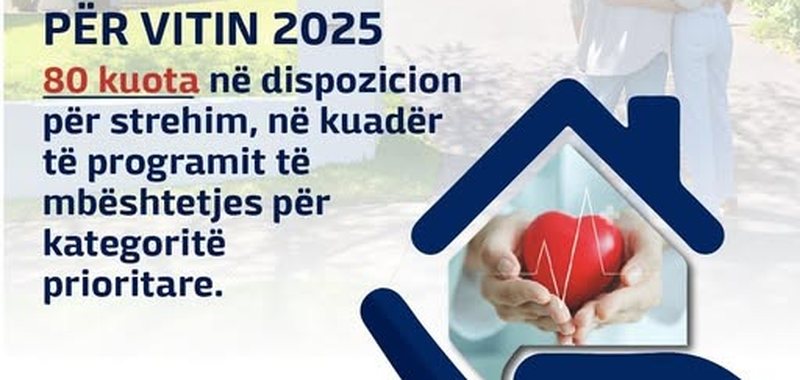
Loan with 0% interest/ Koçiu: Applications open, 80 quotas for doctors and nurses!
The Minister of Health and Social Protection, Albana Koçiu, announced today the opening of applications for doctors and nurses to benefit from zero-interest......

Agricultural census postponed to 2026 - Reason: elections. Work begins on establishing electronic platform
The Agricultural Census, which includes counting farms and livestock across the country, will be postponed to 2026. Although it was planned to be carried......
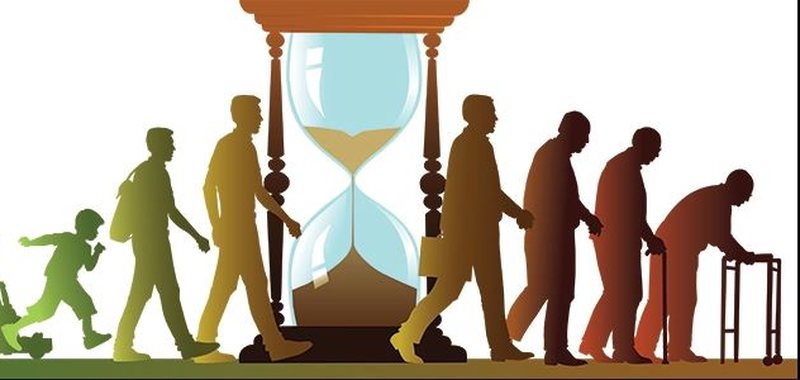
EU, life expectancy at the highest level ever - Mediterranean leads. Eastern states, with the lowest average age
Life expectancy in the European Union has increased to the highest level ever recorded, according to figures published by Eurostat. According to the data,......
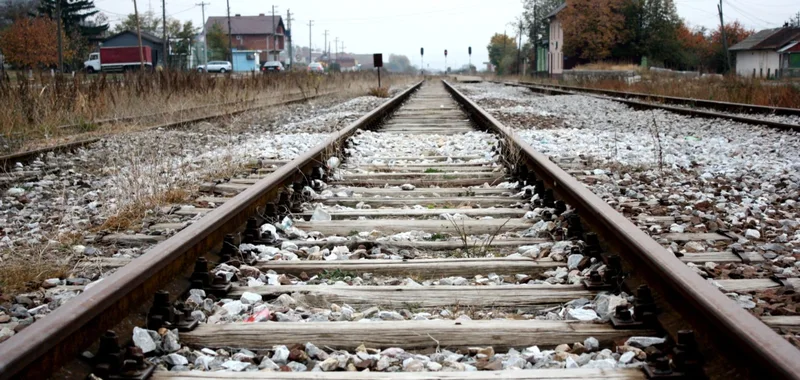
Construction of the Vorë-Hani i Hotit railway - EBRD closes the pre-qualification phase for the project worth 368 million euros
After a 1-month postponement, the European Bank for Reconstruction and Development has concluded the first phase of the tender for the construction of the......
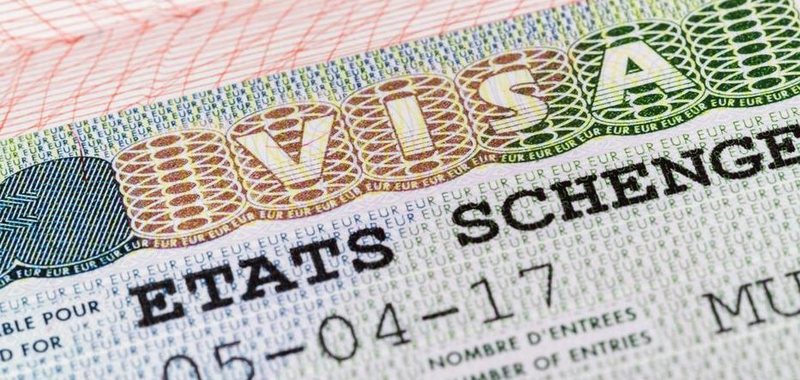
ETIAS, deadline for entry into force postponed - The new system for the Schengen area will launch at the end of 2026
The introduction of ETIAS, the European Travel Information and Authorization System, which aims to improve border security, has been postponed again. This......

Albanian tradition in the "heart" of Geneva - Albanian stand at the Intellectual Property Fair
The General Directorate of Industrial Property has announced the opening of the tender for the "Side Event" project, which is intended to be organized in the......

Steel industry calls for price cap - British producers seek support to cope with Trump tariffs
The British steel industry has called for energy prices to be limited to compete with France and Germany, as companies face the fallout from the Trump......


















